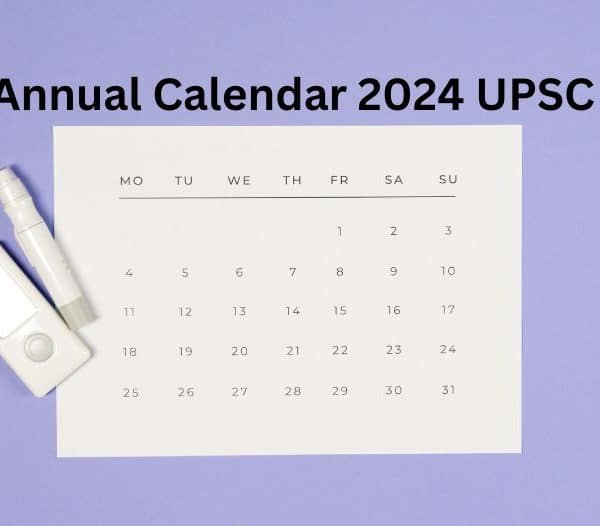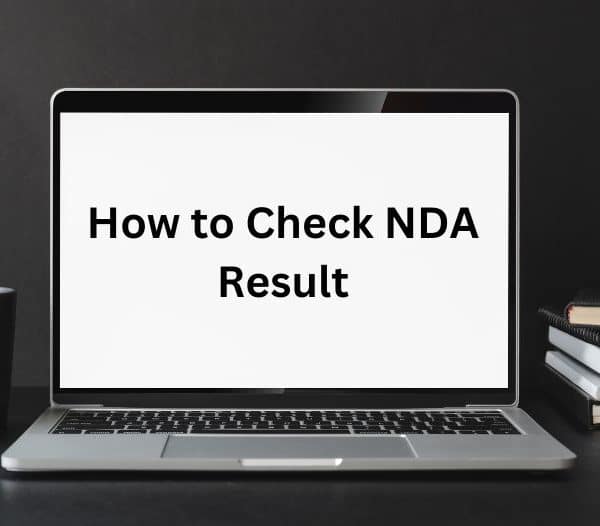The India Engineering Services Exam is conducted by UPSC. Opting in Engineering Services a great career option for students who do their graduation in B.Tech or B.E. If you are also planning to pursue IES then read this article till the end to know all about the Indian Engineering Services Exam, eligibility for IES, and more.
IES Exam
This exam takes place in the following stages:
- Stage-I: Preliminary Exam
- Stage-II: Mains Exam
- Stage-III: Interview (Personality Test)
For a candidate to advance in further stages he or she would need to secure minimum qualifying marks.
The Preliminary Exam will consist of Multiple Choice Questions (MCQs) with a penalty of ⅓ for every wrong answer. If a question is left unattempted then there is no penalty.
The pattern for Stage-I is:
| Stage-I | Duration | Marks |
| Paper-I ((General Studies and Engineering Aptitude) | 2 hours | 200 |
| Paper-II (On your Brach of Specialization) | 3 hours | 300 |
| Total=500 |
Stage-II
The Mains exams consist of descriptive type questions with no penalty for wrong answers. The pattern of this stage is as followers:
| Stage-II | Duration | Marks |
| Paper-I | 3 hours | 300 |
| Paper-II | 3 hours | 300 |
| Total=600 |
The questions in this exam are based on the specialization of your B.Tech/B.E.
Stage-III
Stage three of the exam is the personality test. It carries a total of 200 marks. The interview of the candidate will be taken to know the thinking process of the candidate and the intelligent quotient. Candidates will also be judged on how they handle the pressure situation.
Note:-Personality test is not the candidate’s knowledge. If you have reached the Stage-III, it means you already have knowledge. The panelist wants to see how candidates react when put in difficult conditions.
IES Eligibility Criteria
Eligibility for IES exam is based on the following criteria:
- Nationality
A candidate must be an Indian citizen to be eligible for IAS Exam.
- Age Limit
The minimum age of the candidate should be 21 years to be eligible for the exam. The upper age limit is 30 years for the general category candidate. Relaxation of 5 years will be given to SC/ST candidates. And Three years for OBC candidates.
- Minimum Education Qualification
The aspiring candidate should have a degree in B.Tech or B.E. Only the candidates from the following field are eligible for the IES exam:
- Civil Engineering
- Mechanical Engineering
- Electrical Engineering
- Electronics & Telecommunication Engineering
Also Read: 5 Non-Fiction Books to Read Before You Even Think of UPSC: Click Here to Know it All
IES Exam Syllabus for Stage-I-Paper-I
In Paper-I the subject is General Studies and Engineering Aptitude which is common to all candidates. The contents for the syllabus are:
- Current issues of national and international importance relating to social, economic, and industrial development.
- Engineering Aptitude covering Logical reasoning and Analytical ability.
- Engineering Mathematics and Numerical Analysis.
- General Principles of Design, Drawing, Importance of Safety.
- Standards and Quality practices in production, construction, maintenance, and services.
- Basics of Energy and Environment: Conservation, environmental pollution and degradation, Climate Change, Environmental impact assessment.
- Basics of Project Management.
- Basics of Material Science and Engineering.
- Information and Communication Technologies (ICT) based tools and their applications in Engineering such as networking, e-governance, and technology-based education.
- Ethics and values in the Engineering profession.
IES Syllabus for Stage-II
As Stage-II is based on the Bachelor specialization of the candidates the syllabus will be different for every branch.
The branch wise syllabus of the IES Mains exam for Civil and Mechanical Engineering is:
IES Syllabus for Civil
Contents for syllabi of both the Papers together for Preliminary Examination / Stage-I
(Objective type Paper-II) and separately for Main/Stage-II Examination (Descriptive type
Paper-I and Paper-II).
PAPER-I
- Building Materials:
- Solid Mechanics
- Structural Analysis :
- Design of Steel Structures:
- Design of Concrete and Masonry structure:
- Construction Practice, Planning, and Management:
PAPER-II
- Flow of Fluids, Hydraulic Machines, and Hydro Power
- Hydrology and Water Resources Engineering
- Environmental Engineering
- Geo-technical Engineering and Foundation Engineering
- Surveying and Geology
- Transportation Engineering
ES Syllabus for Mechanical
PAPER – I
- Fluid Mechanics :
- Thermodynamics and Heat transfer
- IC Engines, Refrigeration, and Air conditioning
- Turbo Machinery
- Power Plant Engineering
- Renewable Sources of Energy
PAPER-II
- Engineering Mechanics
- Engineering Materials
- Mechanisms and Machines
- Manufacturing, Industrial and Maintenance Engineering
- Mechatronics and Robotics
Also Read: IES officer vs IAS Officer: Which Rank should an Engineer Aim for?
Conclusion
The exam is conducted by the Union Public Service Commission. The exam has three stages. A candidate must score minimum qualifying marks for advancing in further rounds.
A candidate must be an Indian citizen to be eligible for the IAS exam. The Minimum age of the candidate must be 21 years and a maximum of 30 years of candidates belonging to the general category.







Thank you for providing the syllabus for IES. I think the best way to prepare is having coaching online, what do you guys think?